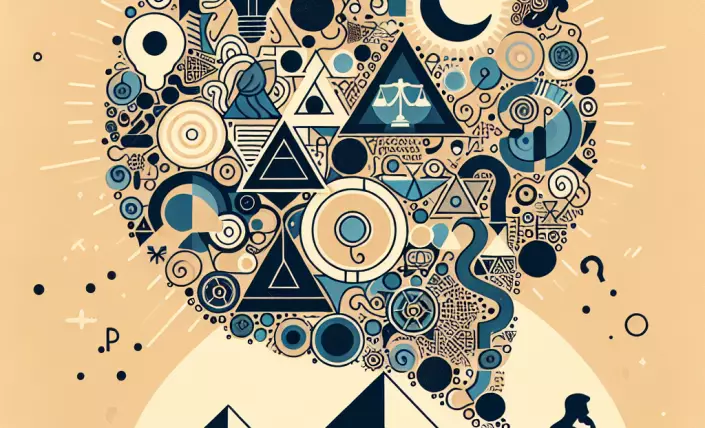In the vast landscape of philosophical inquiry, few thinkers have so profoundly reshaped our approach to knowledge as Francis Bacon. Renowned for his development of the scientific method, Bacon championed an empirical approach to understanding the world, urging humanity to abandon the intellectual shackles of dogma and tradition. His philosophy, often encapsulated in the phrase 'knowledge is power,' resonates with a timeless urgency, inviting us to reconsider not only how we perceive the world but also how those perceptions shape our lives and societies.
Bacon's call to observe and experiment, rather than rely solely on inherited wisdom, represents a significant departure from the scholastic traditions of his time. This shift towards empiricism laid the groundwork for the enlightenment and the scientific revolution, yet its implications extend far beyond the realms of science. At its core, Bacon's philosophy compels us to question the assumptions that govern our lives. In a world where information is abundant and rapidly accessible, Bacon's insistence on critical inquiry becomes even more pertinent. Are we truly seeing the world as it is, or are our perceptions clouded by biases and preconceived notions? The methodical skepticism that Bacon advocates encourages us to dismantle these barriers, urging a more authentic engagement with the realities that surround us.
Moreover, Bacon's philosophy invites us to see the pursuit of knowledge as an inherently communal endeavor. He understood that the accumulation of knowledge serves not just the individual but society as a whole. In this light, his work prompts us to reflect on the ethical dimensions of our quest for understanding. How do we ensure that our scientific and technological advancements serve the greater good rather than individual interests? In a world increasingly defined by technological progress, Bacon's vision of a more interconnected and informed society challenges us to leverage our collective insights toward creating a more equitable future. Thus, Bacon's legacy is not merely a historical artifact but a dynamic framework through which we can continue to interrogate and improve the human condition.










